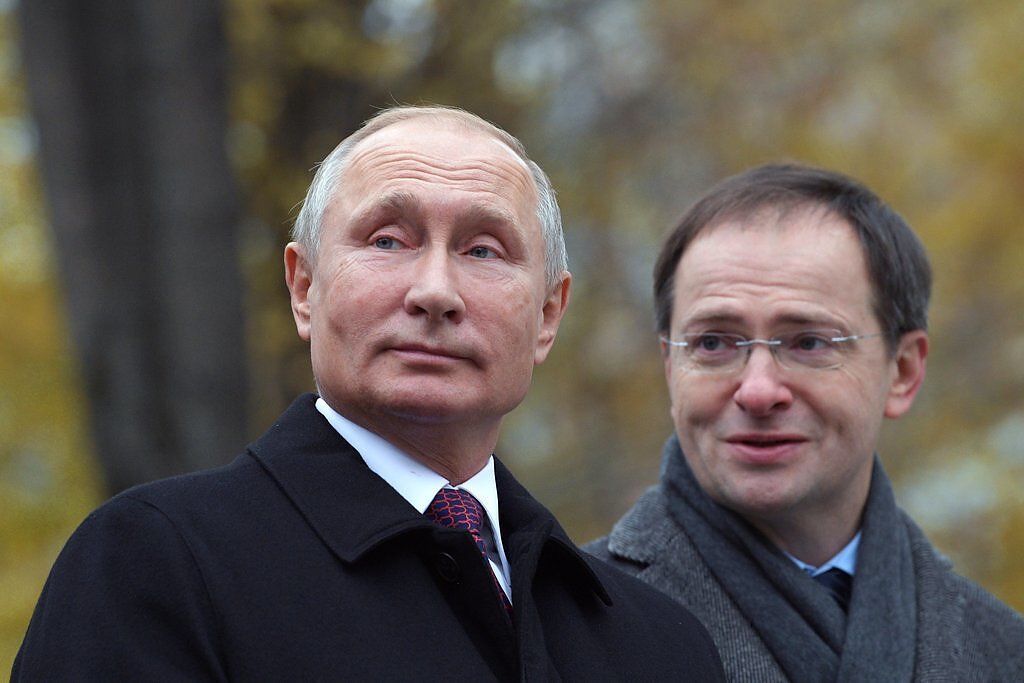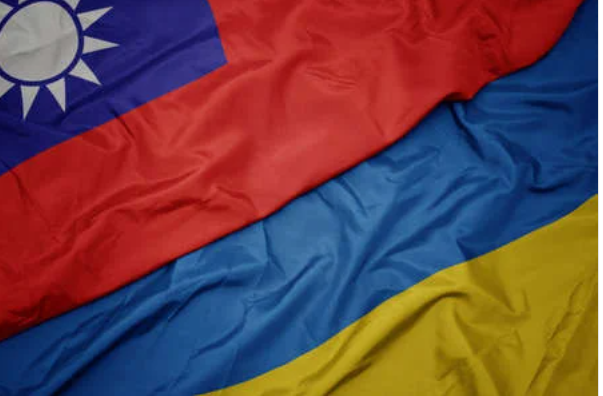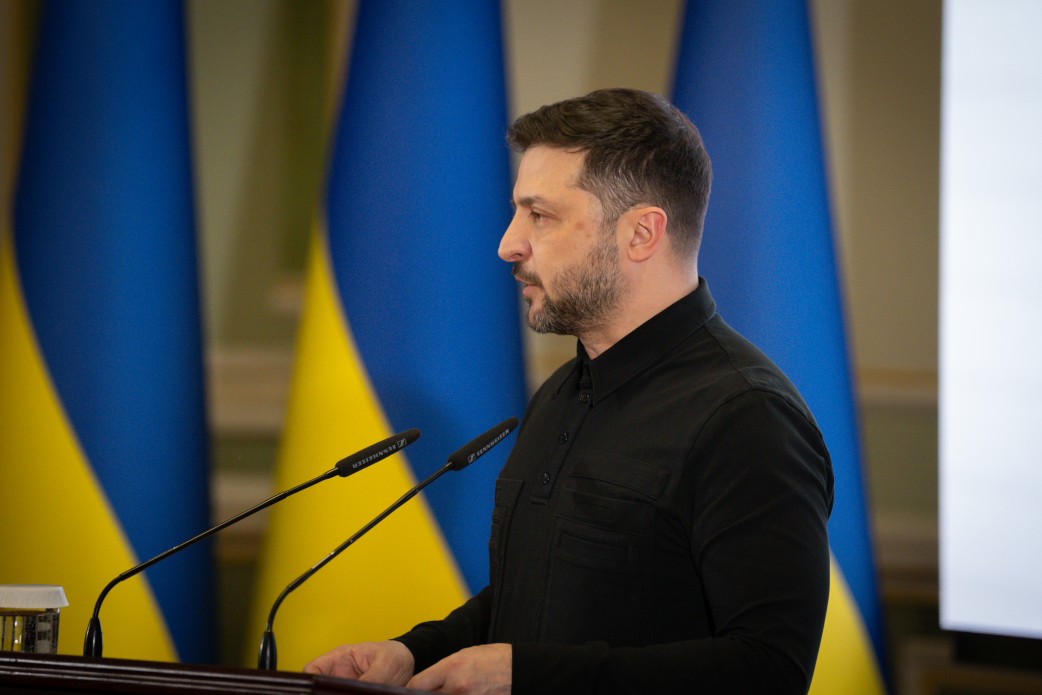Today, as the Russian-Ukrainian negotiations on a ceasefire have completely failed and the sides have returned to full-scale war both at the front and in the rear, it becomes clear that Russia never intended to make progress in these talks. They were merely a smokescreen, a cover for a new Russian offensive, a spectacle designed to satisfy Kremlin patron Donald Trump and to confuse Europeans seeking an illusory "peace." And at the head of this farce, orchestrated by Russian diplomats, stood the comical figure of Vladimir Medinsky, the chief court historian appointed as head of the Russian delegation.
Medinsky in Russia is a figure both ridiculous ("stagey," as Vladimir Zelensky put it) and characteristic, typical of the Putin regime. Born in Ukraine into a military family, in the early 1980s he found himself in Moscow, where as a schoolboy he became interested in military history and enrolled in the prestigious MGIMO, the Institute of International Relations under the Ministry of Foreign Affairs, a forge of loyalty and imperial arrogance. He worked in the Komsomol and naturally transitioned into business, founding several PR agencies and consulting, among others, the notoriously infamous financial pyramid schemes like MMM. Like a character from early novels by Pelevin, a Moscow advertiser from the murky 1990s with the appearance of a Komsomol functionary, he understood that real opportunities in Russia were linked to government service, and from the early 2000s he made a rapid bureaucratic career: through the press service of the tax police and the United Russia party, he rose to become a State Duma deputy and then Minister of Culture.
As Minister, Medinsky became known for scandals: for example, he claimed that the Russian people have an "extra chromosome" that allowed them to survive the 20th century (in reality, an extra chromosome leads to serious genetic diseases, such as Down syndrome). He banned the British comedy "The Death of Stalin," called people who watch comics "idiots," and also insisted that the Soviet legend of the 28 Panfilov heroes, who supposedly destroyed a German tank division near Moscow in 1941—a story long exposed as propaganda fiction—is true.
But Medinsky’s main activity was in the field of Russian history. As head of the Russian Military-Historical Society (RVIO), he received billions of rubles from the state budget to build pompous monuments to Russian rulers and produce clumsy patriotic films. He wrote a series of books titled "Myths about Russia," in which he claimed that common stereotypes about Russians—drunkenness, laziness, poverty—are inventions of Western Russophobes, and he co-authored a history textbook for Russian schools presenting Russian history as a continuous series of victories, with Stalin described as an "effective manager." When plagiarism was discovered in Medinsky’s doctoral dissertation on history, he declared it a conspiracy by Russia’s enemies, and the revocation of his academic degree was suspended after government intervention.
It was precisely on the basis of historical policy that Vladimir Medinsky aligned with another amateur historian, Vladimir Putin. The Russian president is known for his obsessive passion for history, nostalgia for the Russian Empire and the Soviet Union, and a manic inclination to expose historical falsifications. Medinsky, with his mythologized, patriotic, and imperial version of Russian history, became the perfect match for him. According to many accounts, Medinsky shaped Putin’s views on the "Ukrainian question"—the idea of a "single people" of Russians and Ukrainians, that Ukraine is not a nation and was "invented by the Bolsheviks," that it is governed by "Banderites and Nazis," etc.—and he was the shadow author of Putin’s lengthy articles on Ukraine, which became propagandistic justifications for Russian aggression. In this sense, Medinsky is a full co-author of this bloody war, which has now lasted twelve years, starting with the annexation of Crimea in 2014.





















